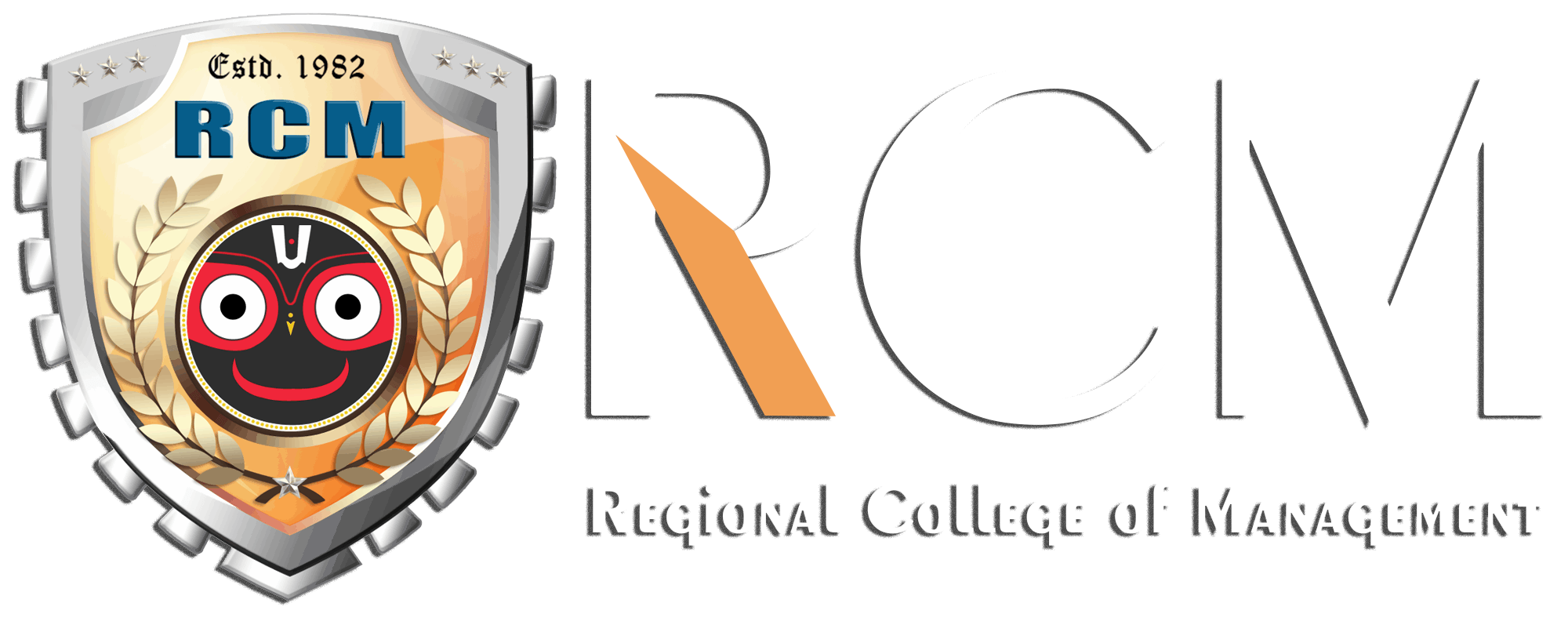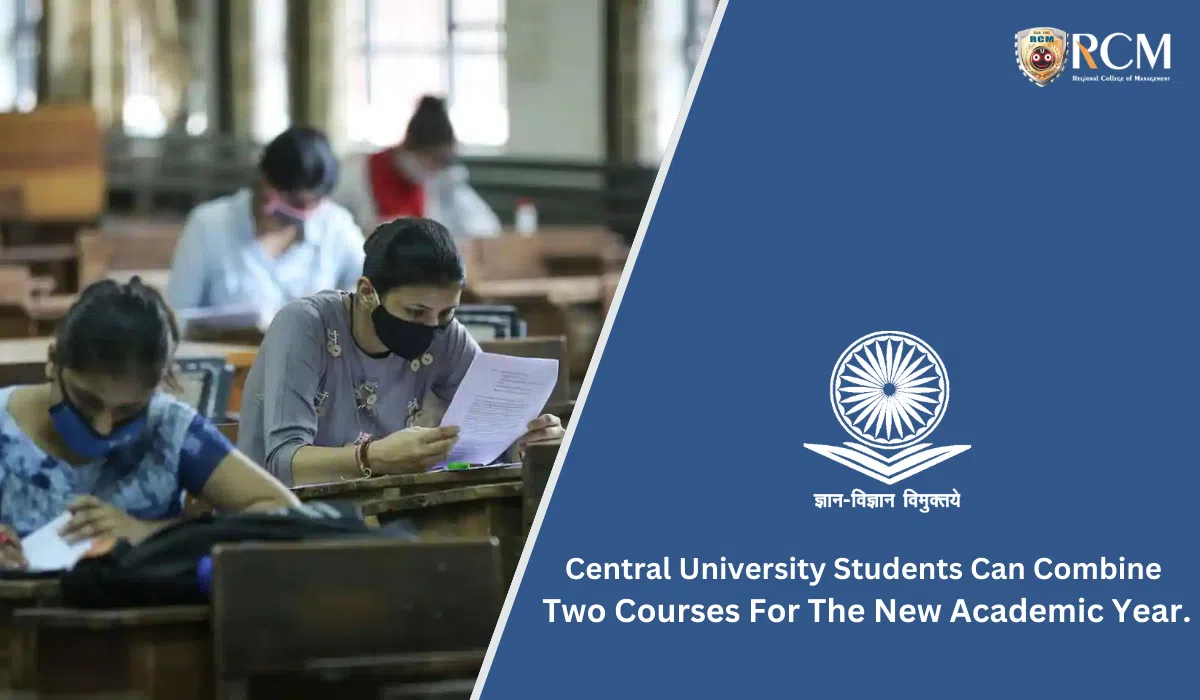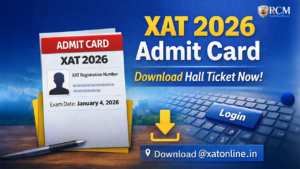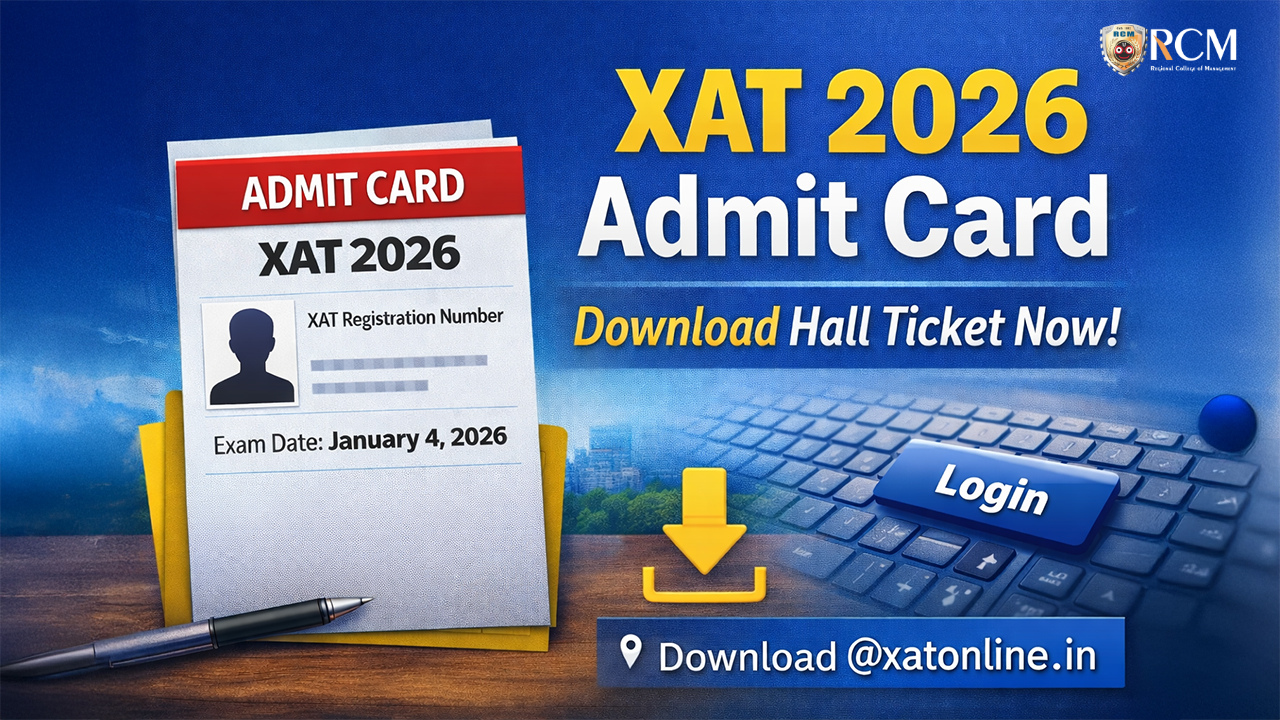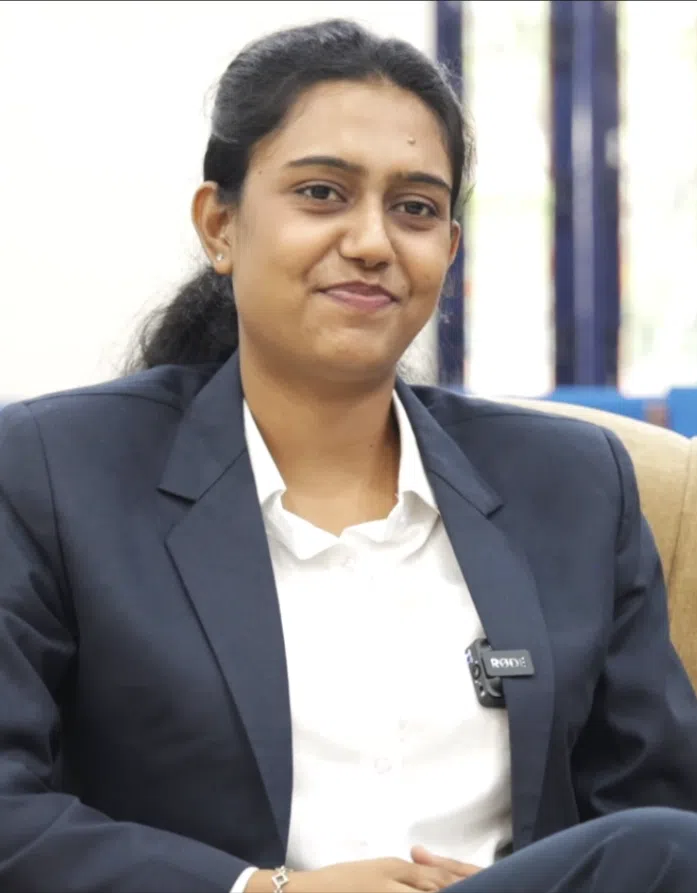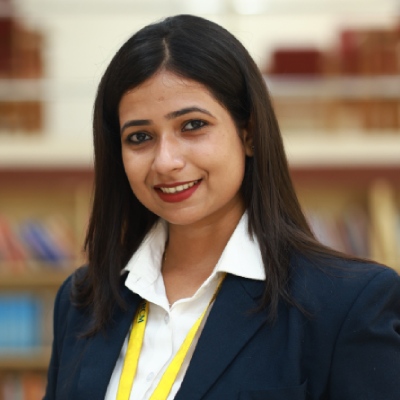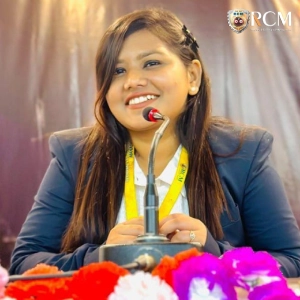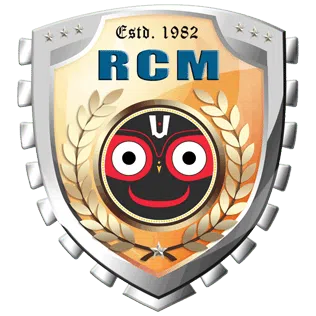As a result of the central universities’ acceptance of this idea, students using their facilities will be able to study many courses at once. From the new academic year, students of the central universities can now pursue two courses together.
After the central universities accept this proposal, students studying in their facilities will be able to perform studies for other courses simultaneously. Students will have an option they can opt for a regular course and another via distance learning.
The provision of two courses simultaneously from central universities has been provided under the National Education Policy. The University Grants Commission (UGC) has made a new provision for it.
According to UGC Chairman Prof. M. Jagdish Kumar, from the new session, internships will be mandatory for graduate students. On the basis of this internship, the students will develop their skills as per market expectations. In addition, after visiting the fields, the students will need to work on projects and community outreach.
You can run an internship programme by collaborating with corporate organisations. Graduate and postgraduate students will have a variety of course options. More and more certification courses and diploma courses have to be started so that students have more options.
The Education Ministry has made it clear that the Common University Admission Exam merit list would be used to determine admission for undergraduate programmes at Central Universities (CUET).
In addition to the 45 central universities, it is anticipated that more than 60 state and private colleges will also accept applicants for undergraduate programmes based on CUET scores. As per the Education Ministry, central universities across the nation are trying to encourage Indian languages.
Several universities have embraced the UGC’s criteria in order to operate two educational courses in parallel. Central Universities have started appointing Professors of Practice in various domains. Professors of Practice will be those people whose first occupation is not teaching and who do not hold a Ph.D. Despite that, they can be appointed to teach students based on their professional experience.
The UGC has written a letter to higher education institutions in respect of the appointment of a professor of practice. In the letter to vice-chancellors of universities and principals of colleges to make necessary changes in the rules of their institutions for the appointment of professors of practice.
The UGC has also asked to share the progress of work done in this direction on its official portals. The procedures for selecting a Professor of Practice have been made public.
(Source: OTV News)
